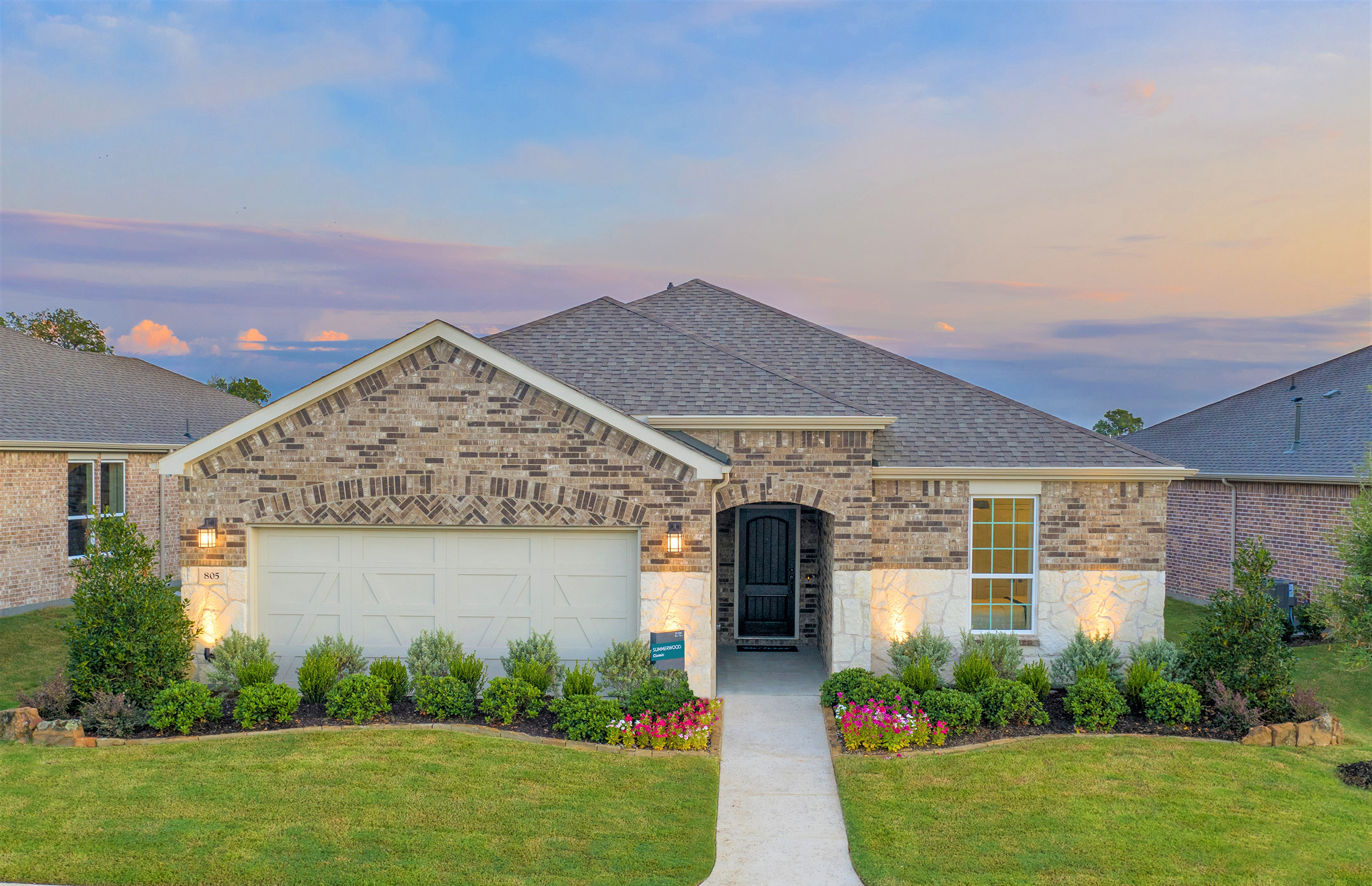Senior living communities offer numerous advantages that dramatically improve their wellbeing and happiness. One of the biggest benefits is the greater social interactions that 55 communities offer. These environments are designed to help residents to connect with each other via various activities and events, fostering feelings of camaraderie as well as sense of belonging. In 55 and older communities the elderly tend to be less prone to feelings of loneliness and isolation and can have negative consequences for both mental and physical health. The social bonds that are formed in these communities can create lasting friendships as well as an improved quality of life. Alongside social benefits 55 communities typically provide the range of amenities and services tailored to the requirements of older adults. These include swimming pools, fitness centers and organized recreation activities that encourage physical health and well-being. Regular physical exercise and regular physical activity are crucial for maintaining the ability to move, strengthen, in general health, as we become older. By living in a community that encourages active living seniors are more likely to engage in these activities, leading to improved health outcomes.

In addition, the presence of health services and wellness programs assure that residents have access to medical treatment and support when needed. Safety and security are also major advantages of living in 55 plus communities. These communities are typically designed with the specific needs of seniors in mind. They are equipped with enhanced security measures including emergency response systems and accessible living areas. For seniors being confident that they are in a safe and secure surroundings can help reduce stress and anxiety. This peace of mind allows them to focus on enjoying life without anxiety of worrying about their personal safety. The sense of security provided by older and 55-year-old communities is invaluable in promoting the enjoyment of a relaxing and comfortable living experience. Another major benefit of living in a community for older adults is the opportunity for continued learning and personal improvement. Many communities for seniors offer educational programs, workshops and hobbies that cater to a wide range of activities. These activities provide mental stimulation as well as the opportunity to build new skills that can help keep the mind alert and active.
Additionally, participating in group activities can boost self-esteem and confidence and contribute to general happiness. Through fostering a culture that is conducive to continuing learning, these communities enable seniors to pursue their interests and pursue new hobbies, improving their overall quality of life. In the end, communities with a population of 55 can play a crucial role in offering emotional support as well as improving the quality of mental wellbeing. Living with others who have similar challenges and experiences can help build an effective support system. This sense of community can be particularly beneficial when you are going through a difficult time, such as the loss of someone dear to you or with illnesses. Being surrounded by acquaintances and friends who know and can empathize with you can make a big difference in coping with life's challenges. The emotional support found in older and 55-year-old communities can help to create a more positive outlook on life and an improved sense of wellbeing. In the end, living in a community provides a variety of advantages that improve the health and happiness of older adults. From improved social interaction and physical activity to increased security and opportunities for personal growth, the 55 communities provide a supportive and uplifting environment for adults. The psychological support and sense of belonging found in these communities are crucial to maintain wellbeing and mental health. When they choose to reside in 55 communities residents are able to enjoy an improved quality of life and an enjoyable and fulfilling retirement.

No comments:
Post a Comment